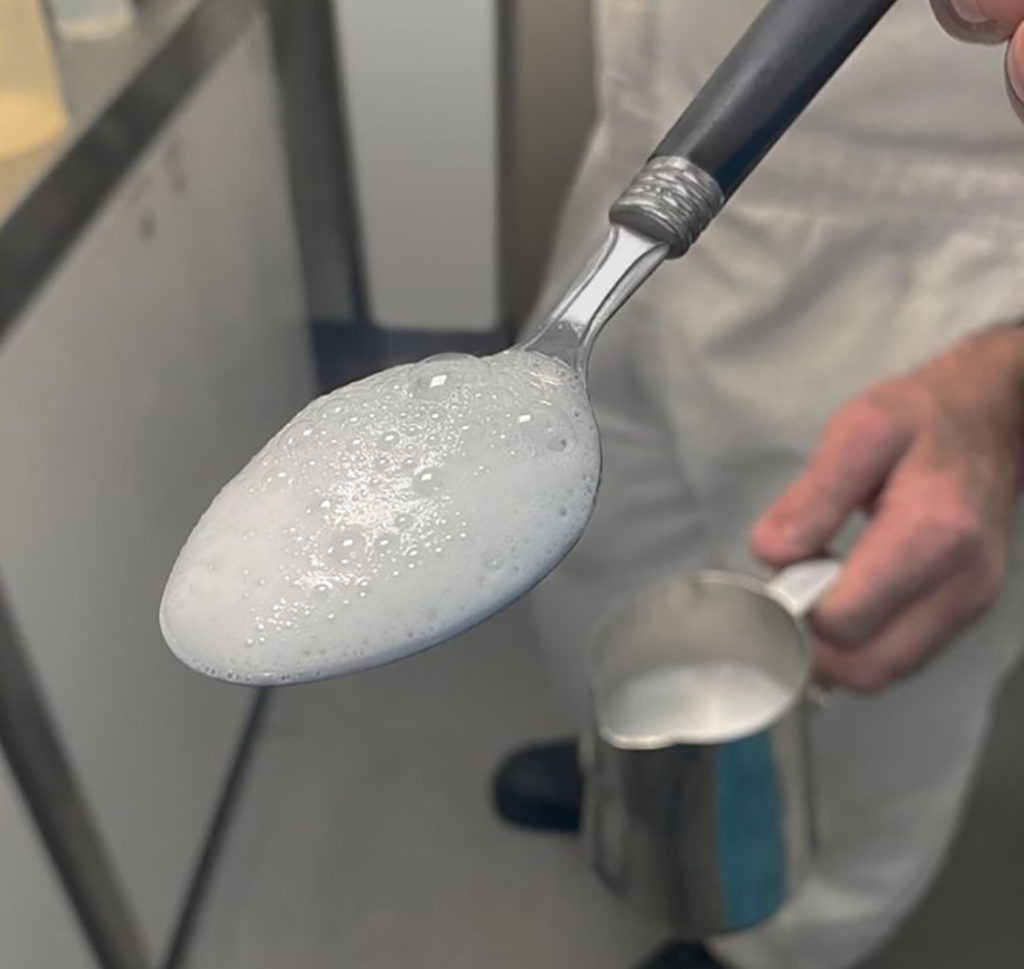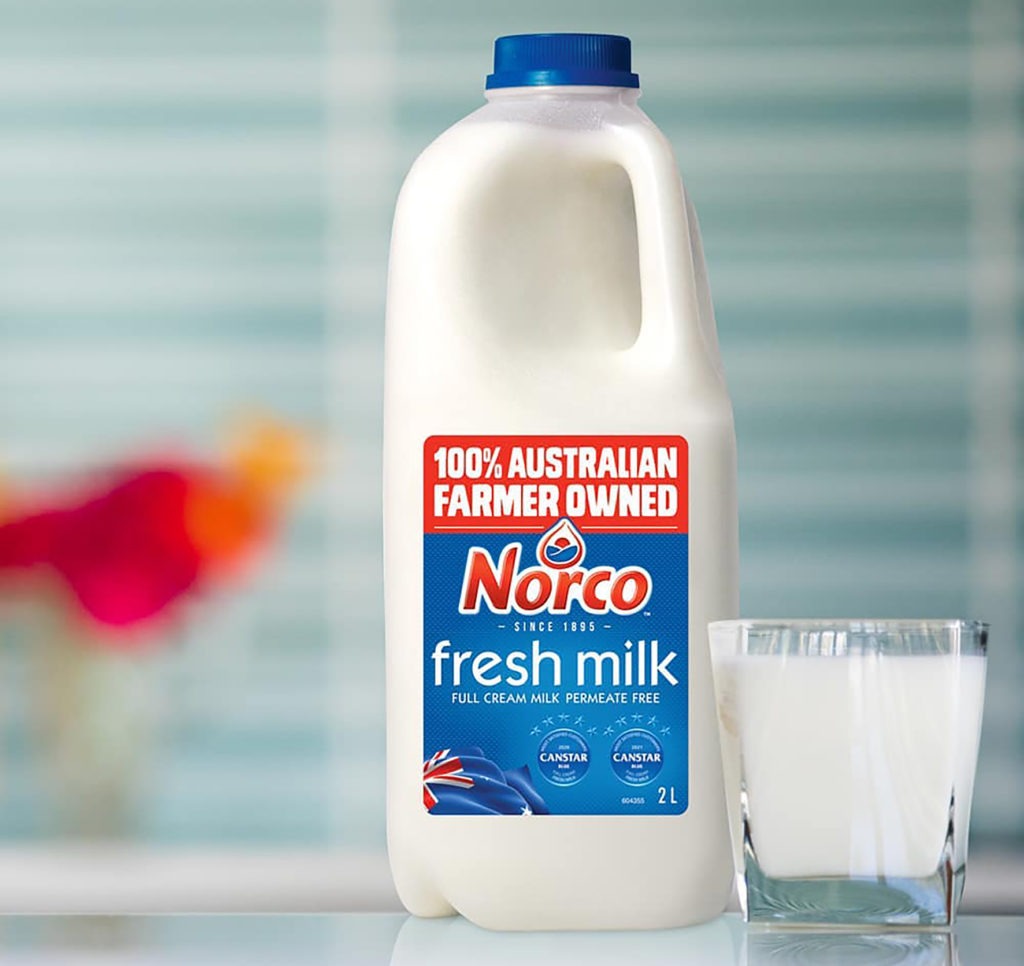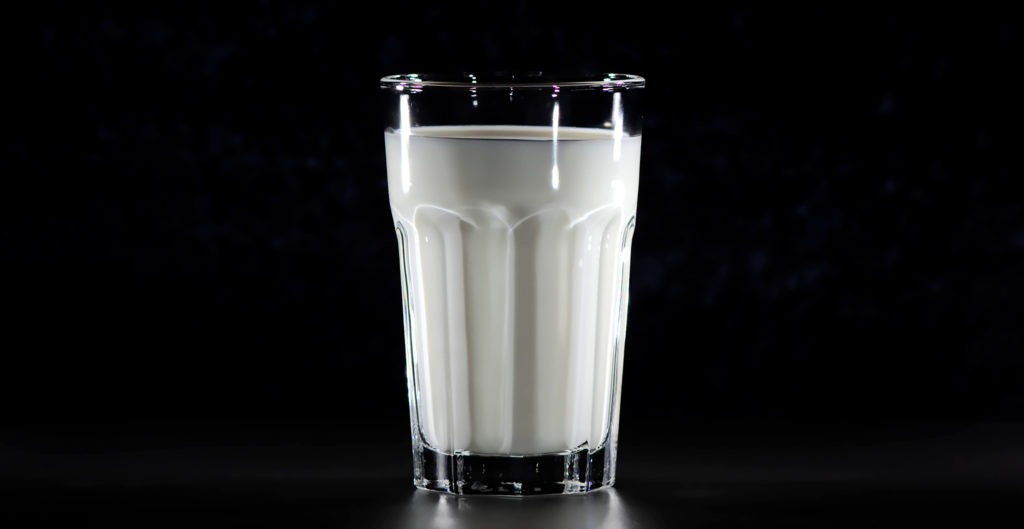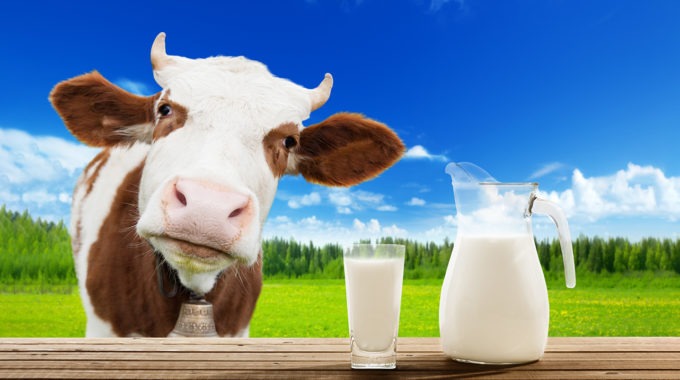Dairy alternative: milk without the moo
The milk alternative market is booming. Sales of dairy alternative drinks increased by almost 50 percent between 2016 and 2019. Research from the CSIRO and the University of Adelaide has found that one in every six Australians now consumes dairy alternatives.
Most milk alternatives are made from plants such as almond, oat or soy, and these don’t contain the same nutrients as cow’s milk. This is of particular concern when it comes women. They’re both more likely to be avoiding dairy and more at risk of developing osteoporosis, which is more common in people with a low calcium intake.
However, while some women are eschewing dairy because they fear that it’s fattening (spoiler: it’s not), most avoid cow’s milk because they’re lactose intolerant. Many other Australians are choosing plant-based milks for ethical and environmental reasons.

Dairy by design
Researchers at the CSIRO might have found a way to solve all these problems, while still allowing people everywhere to enjoy a good flat white. Scientists at the CSIRO Food Innovation Centre in Victoria have developed animal-free dairy that has the same taste and consistency as milk but is free from lactose. Their method uses “precision fermentation”. This begins with a yeast that then produces the same caseins and whey proteins found in cow’s milk. It basically creates a way to sustainably “brew” a dairy milk alternative.
Most of the protein in cow’s milk forms into tiny “cages” called micelles. These cages are loaded with calcium, which gives milk its unique characteristics, including its white colour. The precision fermentation process (which is currently a closely guarded secret) creates these same proteins. But the end result is animal-free dairy that contains no lactose and no cholesterol. It’s also low in allergens and has a frothing, creamy, milky taste.
This July, Australian start-up Eden Brew officially launched to produce this cow-free milk alternative commercially. They have the backing of the CSIRO, CSIRO innovation fund Main Sequence and – interestingly – Australian dairy giant Norco. Once scientists have refined the technology, production is planned to occur as part of Norco’s operations. Eden Brew expects to have its first product available for sale by the end of 2022.
Eden Brew CEO Jim Fader says the milk alternative is “indistinguishable” from dairy milk. “We can absolutely emulate in every way the dairy sensory experience,” he says.

Is there trouble brewing?
However, some Australian dairy farmers are not happy that Australia’s oldest dairy co-operative is backing a milk alternative. Shaughan Morgan, CEO of farmer lobby group Dairy Connect, told ABC News that he has been getting calls from farmers concerned about Norco’s move, and also believes the product should not be called “milk” – echoing current industry concerns about plant-based proteins using traditional animal product terms.
There are also questions of double standards. In its supply agreement with dairy farmers, Norco specifies that cows must not be fed genetically modified (GM) stockfeed “where reasonably possible”. But rural news service The Weekly Times has revealed that the newly developed precision fermentation process that creates this animal-free milk involved using GM technology to insert milk protein genes into the yeast genome.
Norco’s agreement also states that, “Customers of Norco Foods request products to be manufactured free of genetically modified food ingredients. Norco Foods is committed to manufacturing food products which are free from genetically modified organisms”. While a CSIRO spokesperson has revealed that Eden Brew’s milk product won’t contain the original genetically modified yeast, Food Standards Australia New Zealand’s Food Standard Code stipulates that any foods which “contain novel DNA or novel protein must be labelled with the words ‘genetically modified’”. It’s all complex enough to curdle your cappuccino.

Partners in cream
Eden Brew and backers say the new alternative is complementary to dairy, not a competitor to it. In a blog post, Kate Langford, Communication Manager for CSIRO Agriculture and Food, writes: “Norco is 100 percent farmer-owned. Their involvement in Eden Brew makes sense. They’re getting behind a new innovation that offers more choice to consumers.”
Another CSIRO-backed innovation, plant-based meat alternative v2food, was formed in 2019 and is now worth $500 million. Langford says that if Eden Brew sees similar success, the profits will go back to the 200-plus dairy farmers in the Norco co-operative.
“They will be able to continue investing in their communities,” she writes. “And ensure there’s a future for generations of dairy farmers.”
There’s certainly no doubt there will always be a place for real dairy in the Australian diet. But there’s also evidence to show that industrial-scale dairy production is pasteurising the planet. A 2018 study from Oxford University in the UK found that a glass of dairy milk results in almost three times more greenhouse gas emissions than plant-based milks.
Dairy production also requires large amounts of land and water, but so do some plant-based milks. Large-scale production depletes the soil and often requires the use of pesticides. And so, as consumer demand for animal-free options continues to grow, harnessing the power of science to create a more sustainable, less resource-intensive alternative can surely only mean good things for the health of people and the planet.









